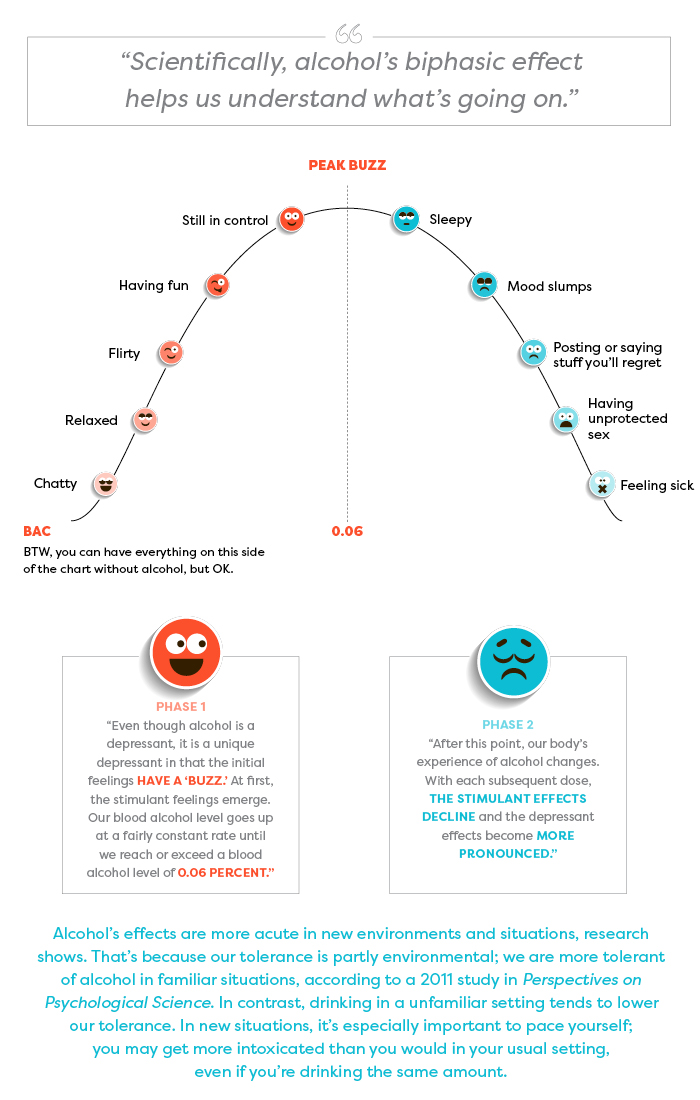Unlock the mystery behind why some beers hit harder than others. Dive into the science of intoxication and beer consumption.
Table of Contents
Have you ever found yourself asking the age-old question: “How many beers does it take to get drunk?” It’s a question that many people ponder, especially when socializing or unwinding after a long day. In this blog post, we will delve into the fascinating science behind alcohol intoxication – from how the body metabolizes alcohol to individual tolerance levels and the various factors that can influence how quickly and strongly alcohol affects you.
Understanding Alcohol Metabolism
alcohol metabolism is a complex process that begins as soon as you take your first sip. When you drink alcohol, it is absorbed into your bloodstream through the stomach and small intestine. From there, it travels to your liver, where enzymes work to break down the alcohol into substances that the body can eliminate. The rate at which your liver metabolizes alcohol determines your blood alcohol concentration (BAC) – the higher your BAC, the more intoxicated you will feel.
Several factors can influence how quickly your body metabolizes alcohol. Gender plays a role, as men tend to metabolize alcohol more quickly than women due to differences in body composition and enzyme activity. Weight is another factor, with heavier individuals typically metabolizing alcohol more efficiently than lighter individuals. Genetics also play a role, as some people may have variations in the genes responsible for alcohol metabolism, affecting how quickly they process alcohol.
Individual Tolerance Levels
Alcohol tolerance refers to how accustomed your body has become to the effects of alcohol. Tolerance can vary greatly between individuals and is influenced by several factors, including genetics, age, gender, and frequency of alcohol consumption. Regular drinkers often develop a higher tolerance to alcohol over time, requiring more drinks to achieve the same level of intoxication.
It’s important to recognize and monitor your own alcohol tolerance to ensure responsible drinking habits. Pay attention to how alcohol affects you and know your limits. If you find that you are needing more drinks to feel intoxicated or are experiencing negative effects from alcohol, it may be a sign to reassess your alcohol consumption habits.
Factors Influencing Intoxication
There are various factors that can influence how quickly and strongly alcohol affects you. One significant factor is the presence of food in your stomach. Eating before or while drinking can slow down the absorption of alcohol into your bloodstream, reducing the risk of rapid intoxication. Staying hydrated and avoiding mixing alcohol with medications or other substances can also impact how alcohol affects you.

Image courtesy of www.campuswell.com via Google Images
Additionally, individual differences such as stress levels, mood, and overall health can play a role in how alcohol affects your body. High stress levels or certain medications can amplify the effects of alcohol, making you feel more intoxicated than you would otherwise. Being aware of these factors can help you make informed decisions about your alcohol consumption and prioritize your well-being.
Conclusion
Understanding the science behind alcohol intoxication can provide valuable insights into how alcohol affects your body and mind. By recognizing the factors that influence how many beers it takes to get drunk, you can make informed decisions about your alcohol consumption and prioritize responsible drinking habits. Remember to listen to your body, know your limits, and always prioritize your well-being when consuming alcohol.
We hope this blog post has shed some light on the intriguing question of how many beers it takes to get drunk and provided you with valuable information to make informed decisions about your alcohol consumption. Cheers to responsible drinking and staying safe while enjoying a drink!
FAQ Section
How does gender affect alcohol metabolism?
Answer 1: Gender plays a role in alcohol metabolism, with men generally metabolizing alcohol faster than women due to differences in body composition and enzyme activity.
Can genetics affect alcohol tolerance?
Answer 2: Yes, genetics can impact alcohol tolerance as variations in genes responsible for alcohol metabolism can affect how quickly an individual processes alcohol.
How does food consumption affect intoxication?
Answer 3: Eating before or while drinking can slow down alcohol absorption, reducing the risk of rapid intoxication by allowing the body more time to process the alcohol.
What factors can amplify the effects of alcohol?
Answer 4: Factors such as high stress levels, mood, medications, and overall health can amplify the effects of alcohol, leading to increased intoxication levels compared to usual.
Generated by Texta.ai Blog Automation


Leave a Reply